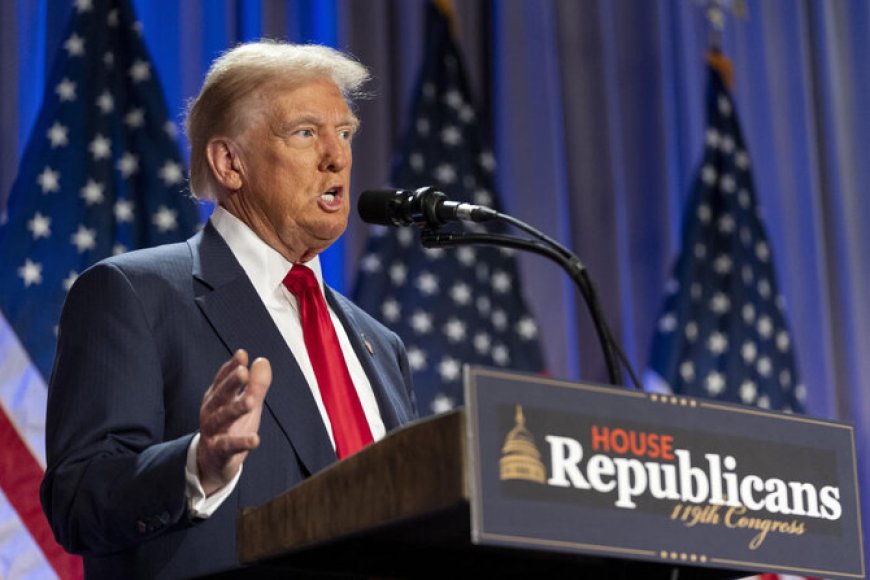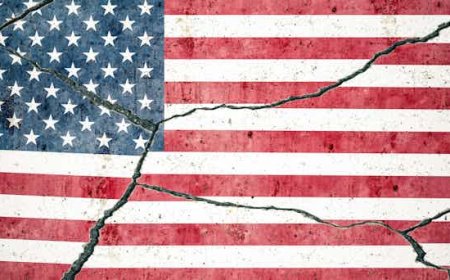Trump Threatens Tariffs on China, Mexico, Canada to Fight Drugs and Immigration
On his first day in office, President-elect Donald Trump declared intentions to levy broad tariffs on commodities from China, Canada, and Mexico. Trump said in a series of Truth Social Monday evening posts on Truth Social Monday night that the policies seek to handle border security, drug flow, and illegal immigration.

On his first day in office, President-elect Donald Trump declared intentions to levy broad tariffs on commodities from China, Canada, and Mexico. Trump said in a series of Truth Social Monday evening posts on Truth Social Monday night that the policies seek to handle border security, drug flow, and illegal immigration.
Alleging both Mexico and Canada of encouraging crime and drug smuggling into the United States, Trump proposed a 25% tariff on all goods from both nations. "Thousands of people are pouring through Mexico and Canada, bringing Crime and Drugs at levels never seen before,’ he wrote, pledging the tariffs would remain until illegal immigration and fentanyl trafficking are stopped."
Regarding China, Trump attacked its involvement in the manufacturing of fentanyl and announced intentions for a 10% extra tariff on all Chinese imports until the problem is resolved.
Economic Consequences
The planned tariffs could have a major effect on American businesses and individuals, therefore influencing the prices of household commodities such fuel, cars, and other products. The U.S., the biggest importer worldwide, mostly depends on these three nations as together they make for a significant portion of imports.
Should the duties be carried out, Mexico's and Canada's economies could suffer as well as the U.S.-Mexico-Canada Agreement (USMCA), a trade agreement Trump himself negotiated, slated for revision in 2026, could be strained.
Context: Border and Drug Policy
Trump's remarks stand in spite of recent statistics demonstrating border control's improvement:
There are four years low border arrests. Less than a third of the total from October 2023, the Border Patrol noted 56,530 arrests in October 2024.
Under the Biden presidency, fentanyl seizures have dropped dramatically; over 21,900 pounds seized in fiscal year 2024 compared to just 2,545 pounds in 2019 during Trump's last term.
responses and subsequent actions
Though they have not formally responded, Canadian officials, getting ready for Trump's comeback to power, voiced worries about his trade and immigration policies. Although such issues are usually included in the daily briefings of the president, Mexico's administration has not released a statement either.
Scott Bessent, Trump's nomination for Treasury Secretary, has voiced support for using tariffs as a foreign policy instrument, implying they may pressure friends on trade, defense expenditure, and security cooperation.
The possible tariffs are already casting doubt on the future of U.S. trade relations and economic stability, even if it is yet unknown whether Trump will actually implement these threats or exploit them as leverage in discussions.












































